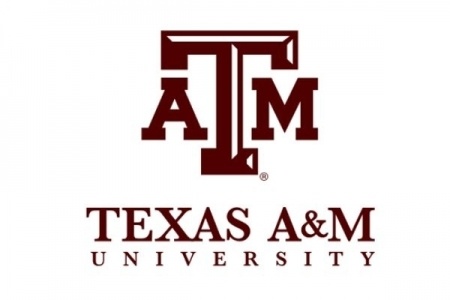
The aim of the visit is to gain experience which could be transposed to the Polish agriculture.
The study visit will take place between February 24th and March 7th 2016 and will include several dozens of meetings and visits focused on exchanging experience related to beef and potatoes production, seed selection, irrigation network on large plantations, fodder, ethanol production, cereals storing systems, disposal of by-products, crops equipment, use of agricultural statistics and database research, agricultural education system, legislative systems, and construction of agricultural budgets.
It is Grupa Azoty’s yet another initiative focused on knowledge sharing and popularisation of modern agriculture. Other examples of similar activities include the initiatives of the Competence Centre think-tank: post-graduate courses for agricultural consultants or the second edition of the ‘Grounded in knowledge’ Programme involving soil nutrient testing, organised with PKO BP as the strategic partner, and in cooperation with the National Chemical Station.
Grupa Azoty develops a new approach to relations with farmers, offering not only quality fertilizer products but also fertilizing technology solutions, which are an integral part of crop production. Here knowledge and experience play a crucial role. Today our fertilizer production technology focuses on plants’ needs at each stage of their growth. Combination of relevant components developed through selection of various types of fertilizers leads to an optimal economic effect for farmers – this is the product offered by Grupa Azoty.
Grupa Azoty extended its commercial offering to include sulfur fertilizers, micro elements in Polifoska fertilizers (e.g. Polifoska plus or Polifoska Tytan), and micro granulates for corn, beet and rapeseed under the Micro-1 brand. Sulfur and micro elements are also marketed as part of UAN fertilizers. *Texas A&M University is a leader among R&D institutions in the USA in terms of spending on agricultural sciences. It has 13 R&D organisational units, 7 institutes, 600 Ph.D- level researchers, 859 contracts and grants for a total of USD 91m, USD 200m spent on investments, 400 departments and 64,000 students. It cooperates with 30 countries. Norman Borlaug, Nobel Prize winner, has been among the University’s lecturers.